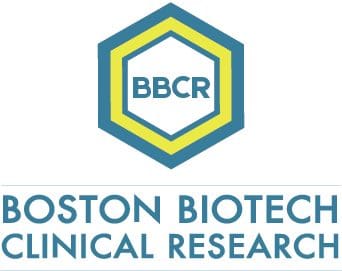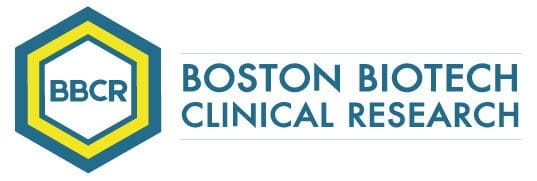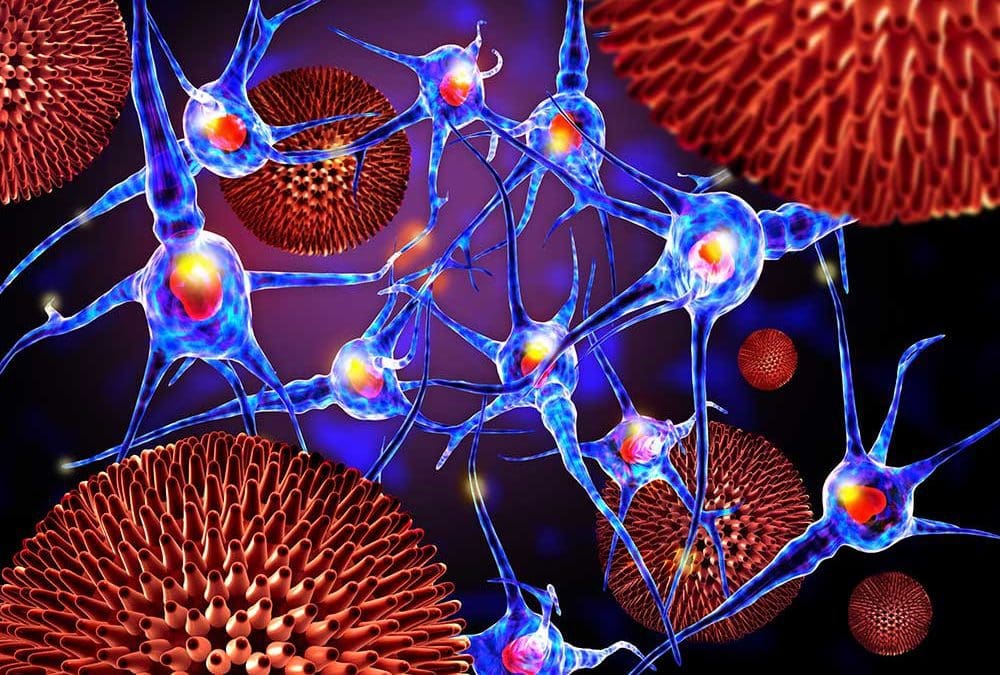Progress and limitation of therapeutic approaches targeting DMD
By: Dr. Maria Niu
Duchenne muscular dystrophy (DMD) is an X—a chromosome-linked recessive disorder caused by mutations in the gene coding muscle cytoskeletal protein dystrophin. Because of the X-linked inheritance, nearly 1 in 3,500 males are affected worldwide, while females occasionally develop symptoms. There is no curative therapy available now. Most patients with DMD progress muscular weakness and eventually die from respiratory and cardiac failure.
According to the recent reviews doi: 10.1186/s13023-018-0834-2 and doi: 10.3390/jpm9010001, the therapeutic approaches of DMD can be divided into two primary directions. One is restoring dystrophin expression, including read-through therapy, exon skipping therapy, gene and cell therapy. Another is compensating for the lack of dystrophin through anti-inflammatory, anti-oxidants, myostatin pathway inhibition, and other target therapy. By comparison, restoring dystrophin showed significant clinical benefit and has been considered a promising therapeutic approach.
Ataluren is one of the read-through therapy drugs approved by the European Medicines Agency (EMA). Clinical studies showed that ataluren could increase dystrophin protein levels and slow down the disease course. Another therapeutic strategy by restoring dystrophin calls exon skipping, which skip mutated exon and restore the disrupted reading frame by antisense oligonucleotides (ASOs). Due to the safety and a slower rate of ambulation decline in DMD patients, in 2016, the oligonucleotide drug eteplirsen received conditional approval from the US Food and Drug Administration (FDA). Other ASOs are still under investigation. The purpose of gene therapy is to replace the affected gene with an exogenous normal DMD gene. However, in the completed gene therapy clinical trials, dystrophin expression was only detected in ~30% of patients with AAV vector-mediated DMD gene. Recently, transplantation of genetically modified cells into dystrophin-deficient muscle showed attractive efficacy in preclinical animal models.
In conclusion, the therapy for DMD has made significant progress but not compelling enough. The process of drug discovery is still challenging. Combination therapies, able to improve the overall efficacy, have not been tested yet. Additional efforts are needed to improve the life of subjects living with DMD and the families.
#DMD #dystrophin #readthroughtherapy #exonskippingtherapy #ASO #clinicalstudies #genetherapy #celltherapy

Specializing in rare disease, Boston Biotech Clinical Research works with biotech, pharmaceutical, device companies and investors to streamline the clinical trial process. Our experienced team helps each client reach their specific goals by customizing a clinical and regulatory road map of simplified programs and streamlined protocols to meet our clients’ requirements.

